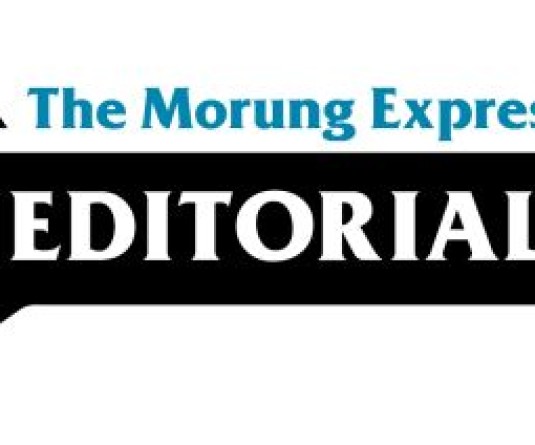
By its own admission, the rise of China over the past 7 decades has been meteoric. “China has showed the world how it made an economic miracle through the central government's bold and resolute economic reform as well as its people's hard work,” writes Global Times, the state newspaper of China, in an effusive commentary, ahead of the 70th anniversary on October 1, the day when Mao Zedong proclaimed the People’s Republic of China (PRC).
Since then, the Chinese Communist Party (CCP), also called Communist Party of China (CPC) founded in 1921, inspired by Russian Revolution of 1917 (Bolsheviks), has been the sole power in China.
By next week, the PRC will outlive its erstwhile patron - the Soviet Union, and its developmental model through centralised planning. With more than 85 million members, the CCP is one of the largest political parties in the world, as per Encyclopaedia Britannica entry. With an iron hand, through various tumultuous periods, the Party has steered, often controversially, the destiny the world’s most populated country.
The rise of China as a global power hierarchy – both economically and military-wise, is undisputed. Citing the National Bureau of Statistics, the Global Times’ reported that in 1952, China's GDP was $30 billion, which reached to $13.61 trillion by 2018, an increase of 452.6 times, and became the second largest economy in the world by 2010. From 180 million people then, employed population surged to 780 million. Other independent data affirm the assertion.
With elaborate arrangement, China will flaunt its status through massive military parade and other activities in Beijing on October 1. The main attraction, however, will be the fourth-generation long distance missile - the Dongfeng-41, paraded as a deterrent for ‘troublemakers’ attempting to provoke China.
“Against such a background, the Chinese people can live and work in peace and realize their personal and family goals” the People’s Daily stated, in its characteristic, but ominous understatement.
However, questions have been asked ‘as to whether such ‘glittering’ economic growth came at the cost of freedom – the trade-off of political freedom for economic growth.
The answer, as in all societies, is that it depends very much on who you are, noted a commentary by BBC. Many of those in China's major cities benefiting from this explosion are genuinely grateful and loyal, trading or at least tolerating lack of political freedom and censorship, for stability and growth, it noted. However, victims of religious repression, corruption and those migrant workers, who have long been shut out of the benefits of citizenship, especially in the China's western region of Xinjiang, the trade-off is unpalatable.
Ironically, with central Beijing sealed off, ordinary people in whose honour it is supposedly being held can only watch it on TV,” it added.
This is the curious contradiction of China’s ascendance, making analysts and laypersons both fascinated and wary.
In areas other than economic growth, China’s performance has not been illustrative. A one- party system has ensured that the whims of those at the ‘helms of affairs’ rules supreme over any other consideration. For instance, the Great Leap Forward (1958-1961), an attempt to propel China into the modern industrial has been unequivocally adjudged a failure. Likewise ‘The Cultural Revolution’ (1966-1976) was termed a failed experiment.
The Tibetan upheaval in late fifties still remains unsolved; the demographic ramification of one-child policy and its modification is being acutely felt. The remnants of June 4, 1989 Tiananmen Square lingers while the fate of Hong Kong, an erstwhile British colony, returned to China in 1997, hangs precariously with concern over democratic rights.
The death of Mao in 1976 ushered in pragmatic reforms, at least economically, under Deng Xiaoping’s form of "market socialism." However in other areas, the status quo continues.
Ahead of the anniversary, the Chinese Government’s released a white-paper titled "China and the World in the New Era," expounding its role in the Global arena. Among others, it noted that China will continue to uphold multilateralism and join hands with other countries to tackle future challenges, Global Times reported. China will not follow the path of "power leading to hegemony," it reiterated, vowing "always [to] be the builder of world peace, a contributor to global development and defender of global peace."
However, it was accompanied with two significant disclaimers. It declared that without centralized, unified and firm leadership, China would have tended towards division and disintegration. China will never “trade away” its core interests and not allow its security and sovereignty to be compromised, it asserted. In other words, China has no intention of changing political stands on core domestic issues and does not welcome outside’s interference. The trade-off and status quo remain.





